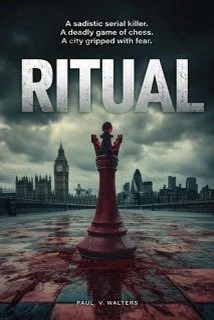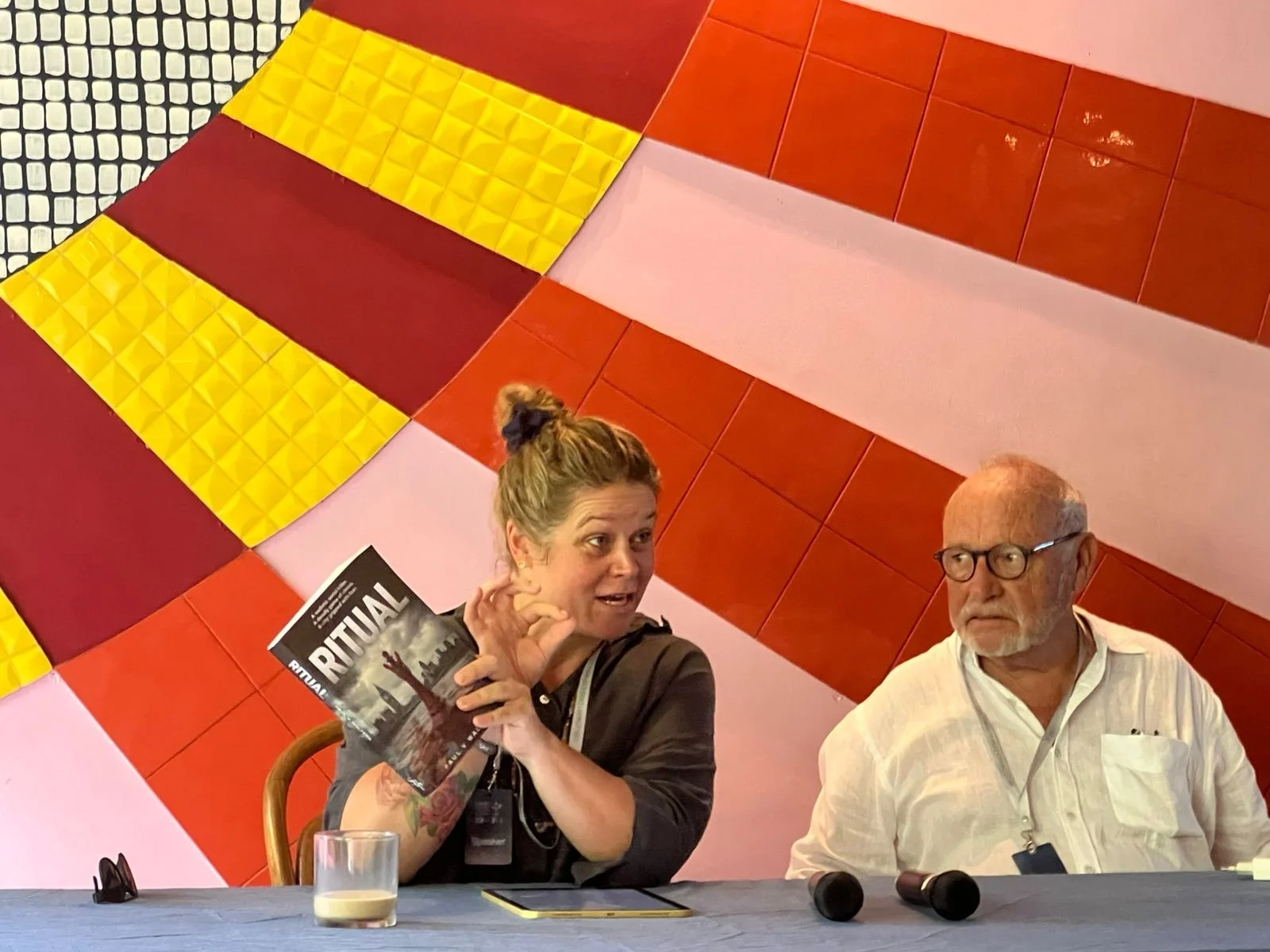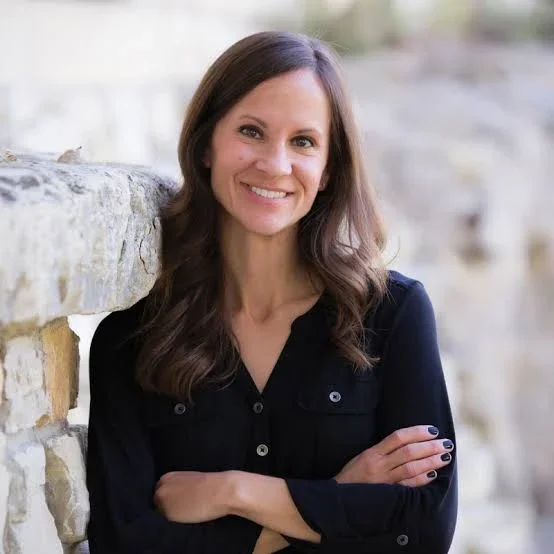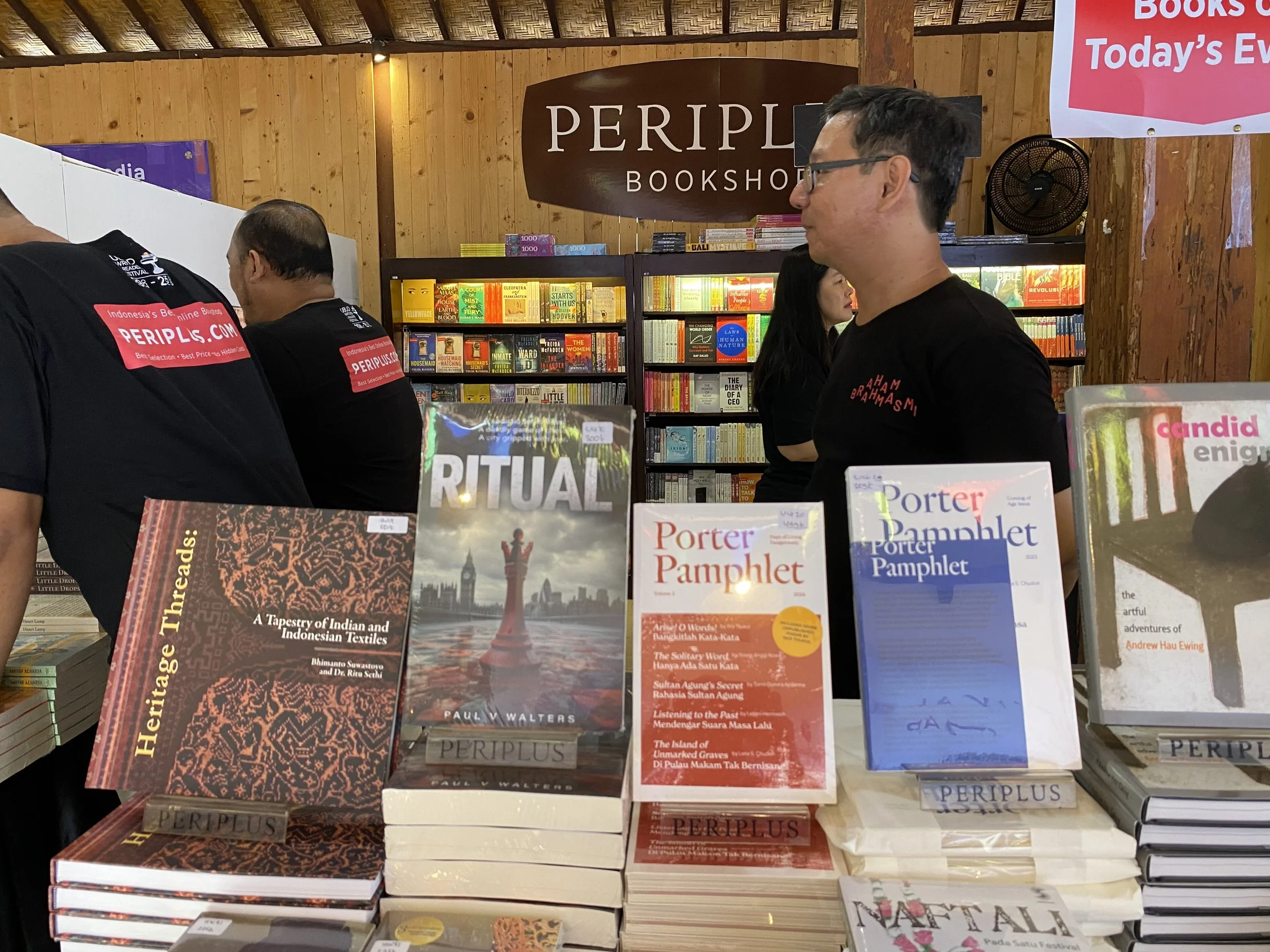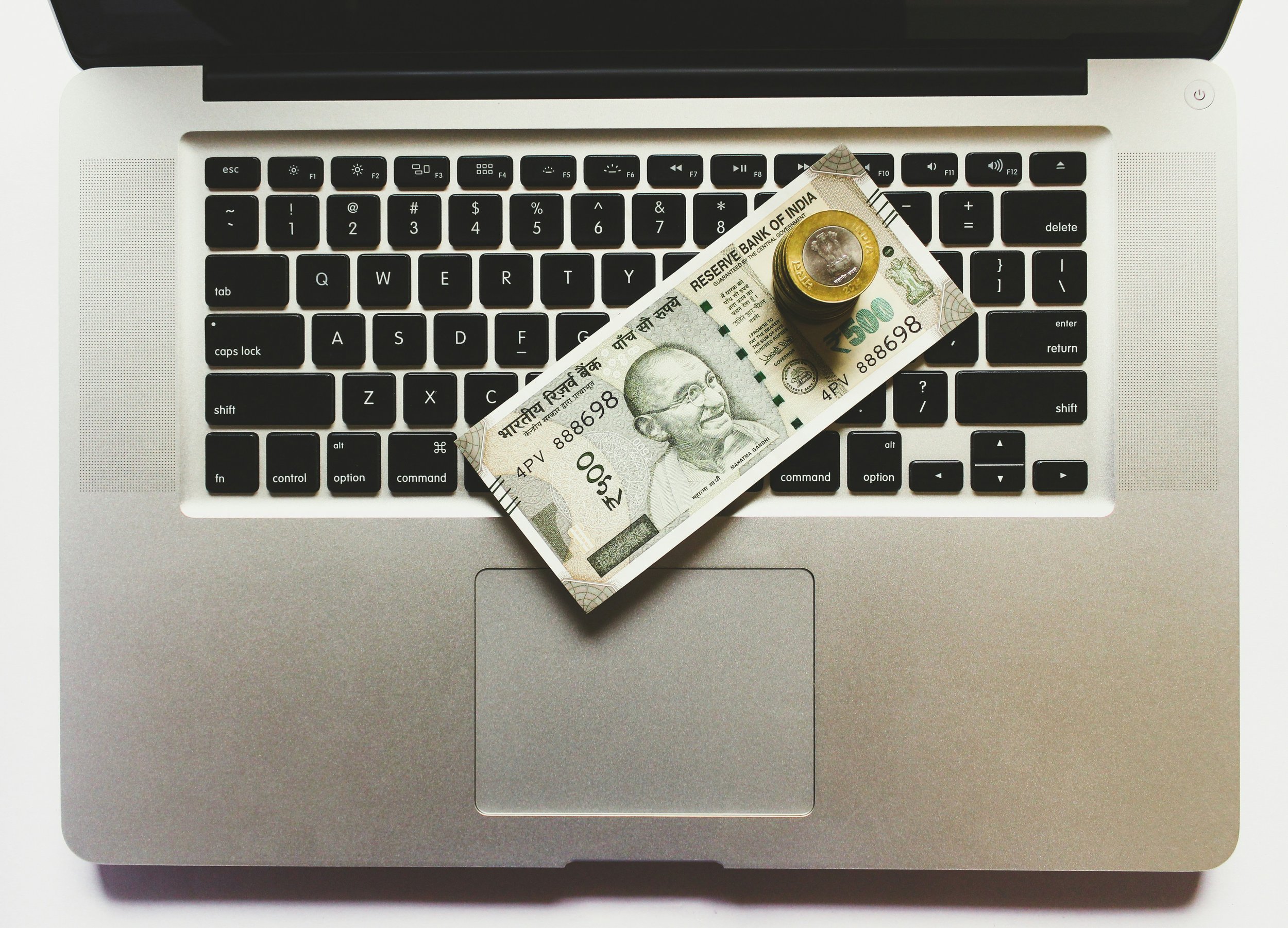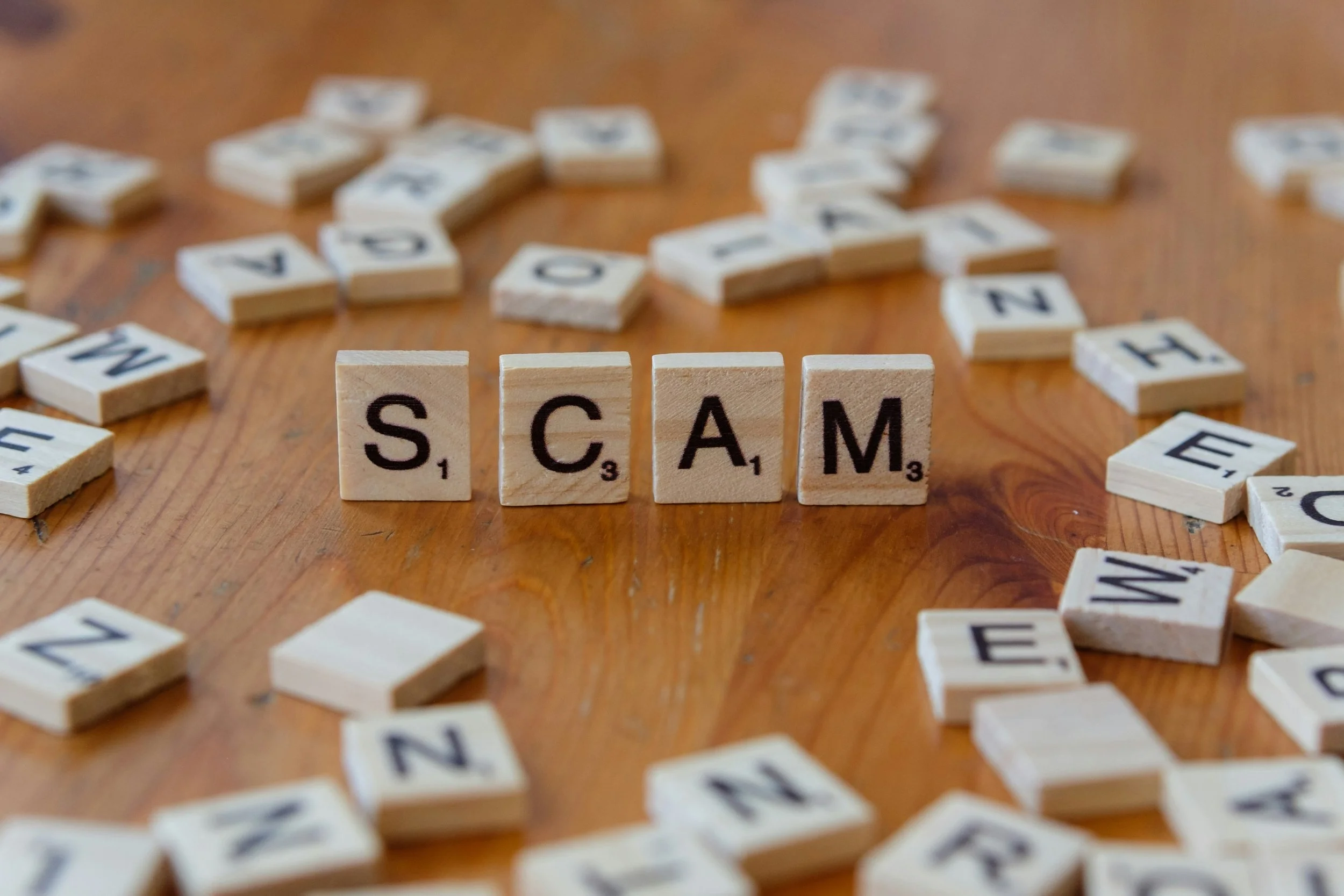The Predatory Shadows of Publishing: How Scammers Are Exploiting Aspiring Authors
In the glittering world of literature, where dreams of bestseller lists and critical acclaim fuel countless hours of solitary toil, there is a darker underbelly that stalks the writer. As an author who has poured years into crafting stories and publishing numerous novels, I know the exhilaration of seeing my work in print—and the vulnerability that can come with it.
Three years ago, I began working on my sixth novel, Ritual, with the aim of ‘raising the bar’ in terms of plot, character development, tone, and rhythm. After months of research and writing, followed by a disastrous nine months working with a ‘professional’ editor. Once a new editor was installed, my U.S. publisher got the book over the line, and we began promoting it. Positive reviews appeared, and a feature at the Ubud Writers and Readers Festival (the largest festival in SE Asia) expanded my reach through social media and other outlets.
However, as I discovered, this visibility also attracted swarms of predators who circled like hungry piranhas. It started innocently: a complimentary letter from someone claiming to be Maxine Paetro, the prolific coauthor who works with James Patterson.
I was blown away!
Her words were encouraging, praising my novel and offering guidance. After several back-and-forth emails, she offered to introduce me to her "agent," who proposed a launch strategy for a modest £500 fee via PayPal. I paid, only to face a follow-up demand for £1,500.
This wasn't just an isolated incident. Lately, 50 similar approaches flooded my inbox, from impostors pretending to be Mary Kubica, Sandra Brown, and others or fake book clubs promising to dominate the Amazon charts.
These aren't harmless scams; they're carefully calculated attacks on the hopes of struggling writers. In an industry where success is hard to achieve, self-publishing has opened doors but also increased risks; scammers exploit authors' ambitions. They drain finances, steal intellectual property, and leave emotional wounds, all while avoiding accountability.
The publishing landscape has become a fertile ground for fraud. With the rise of digital platforms, self-published authors now far outnumber traditionally published ones, creating a large pool of vulnerable targets. According to the Authors Guild, scams have increased 100-fold, often originating from overseas operations that use AI-generated messages or bots.
A common tactic is impersonation, as in my case. Scammers create fake profiles on social media, mimicking famous authors or agents to gain trust. They offer endorsements, reviews, or connections—always in exchange for a fee. The American Justice Department recently charged individuals behind "Page-turner," a company that defrauded 800 authors of $44 million with similar false promises of marketing and distribution.
Another common scam is the "vanity publisher." These individuals pretend to be genuine publishers, charging huge upfront fees for editing, cover design, and printing—services that trustworthy publishers provide after acceptance. Lee Goldberg, a veteran author, warns that any agent demanding payment for representation is a red flag; true agents earn their keep via commissions from sales. Then there are phishing emails, often spoofing platforms like Amazon KDP, tricking authors into revealing login credentials or paying for fictitious "account upgrades."
Book clubs and "guaranteed placement" schemes are particularly insidious. They contact authors via email or social media, claiming affiliations with major retailers or influencers. These operations exploit the algorithm-driven nature of online sales, where visibility can make or break a book. But the promised boosts are illusions—paid reviews violate platform policies, and any temporary spikes evaporate, leaving authors out of pocket and potentially blacklisted.
What makes these scams truly evil is their predatory psychology. Authors operate in a high-stakes emotional arena. Writing a novel demands vulnerability: exposing personal truths, enduring rejection, and investing untold hours without guarantee of reward. Unscrupulous scammers prey on this desperation.
They don't just steal money; they hijack dreams.
Imagine labouring over a manuscript for years, only to have a fraudster dangle the validation you've craved—then, cruelly snatch it away. Anne R. Allen, in her blog about writing scams, describes how these frauds create a "hidden world" of mistrust, where authors second-guess every outreach. Struggling writers—often from marginalised backgrounds or without industry connections—are hit the hardest.
Scammers use poor grammar, generic templates, or awkward phrasing as clues, but sophisticated ones employ AI to mimic authenticity, making detection more difficult. Overseas syndicates, protected by jurisdiction gaps, earn millions each year, as noted in reports from Writer Beware and the Better Business Bureau.
Real-life examples are plentiful.
Greenleaf Book Group highlights how scammers impersonate staff from reputable companies, using near-identical emails to deceive. Nathan Bransford stresses the importance of vigilance: always verify emails and websites for minor discrepancies, like a missing hyphen or an extra letter.
The evil extends to systemic harm. These scams erode trust in the publishing ecosystem, making it tougher for honest professionals to connect with talent. They exploit platforms like Facebook and LinkedIn, where authors network, turning community spaces into hunting grounds. Meta and others have reporting tools, but enforcement lags; scammers simply create new accounts.
So, how can authors protect themselves? Resources such as the Authors Guild's scam alerts and Writer Beware (from SFWA) highlight warning signs. Never pay upfront for agent representation or publishing—legitimate routes have no author fees until earnings are received. Verify identities: Cross-check email addresses with official websites and use tools like WHOIS to confirm domain legitimacy. For offers, ask for references and contracts reviewed by lawyers. Report suspicions to the FTC, the BBB, or the platform's abuse team. Join writer communities on Reddit (r/selfpublish) or forums to share warnings.
In conclusion, these scams aren't mere annoyances; they're a moral blight, feasting on the creative spirit that enriches our world. By exposing them, we not only safeguard our wallets but also preserve the integrity of storytelling. If you've fallen victim, you're not alone—speak out.
Together, we can starve these predators of their prey.
Paul V. Walters is the author of six successful novels and is a well-regarded travel writer.. When not cocooned in sloth and procrastination in his house in Bali, he occasionally rises to contribute to several international travel and Vox Pop journals. Ritual is his latest novel.
paulvwalters.net


